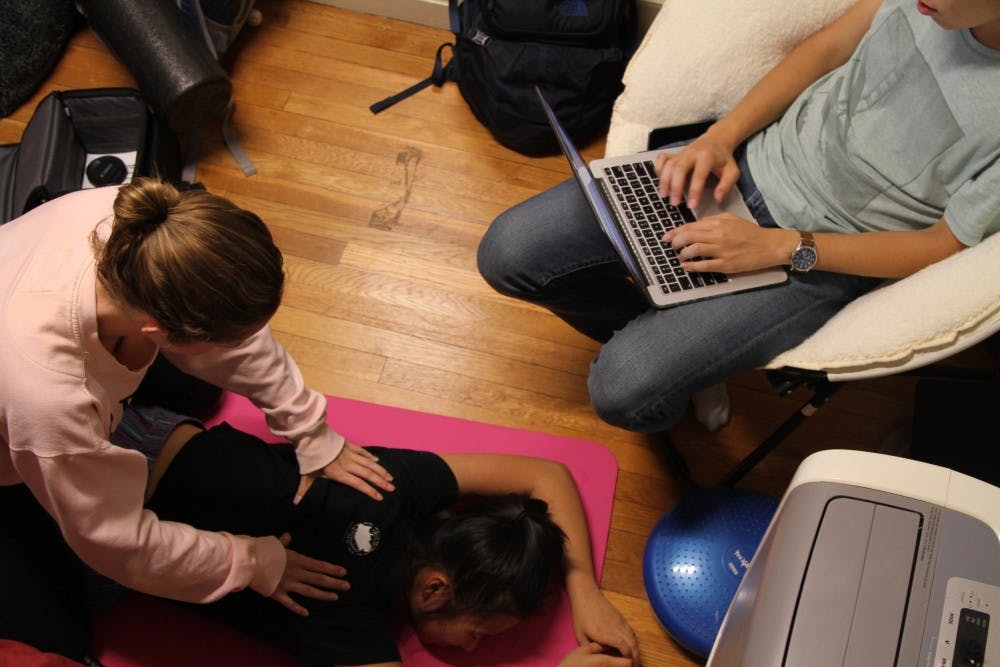The “sophomore slump”—is it a myth or not?
The term, while loosely used, refers to the emotional or academic burdens that come with the pressure that college sophomores experience during important transitions. To a sophomore at Duke, these transitions may mean adjusting to living on the more spread-out West Campus or deciding on a major.
According to Gary Bennett, vice provost for undergraduate education, data does not show signs of a notable sophomore slump.
“In students’ reports feeling overwhelmed or stressed, there are no significant differences between class years,” he said, but added that there has been a general uptick over the past five years of reported stress across all classes.
However, the sophomore slump seems to be prevalent when viewed on a personal level.
“I think the sophomore slump is really different per person. Personally, I think I feel like I’m ‘slumping’ just because I’m not a fan of the change from freshman year to sophomore year,” said sophomore Neal Dalal, a member of the sophomore class council.
He added that sophomore year is more work-intensive than his first year, and West Campus does not have the same community as he felt on East Campus.
“Most importantly, however, I feel like freshman year, everyone said I had plenty of time to think about what I wanted to do in the future and I delayed thinking about it and now I’m a sophomore and have this weird pressure to figure my life out,” Dalal said.
Junior Sean Cho spoke about the issue from a different perspective.
“It’s definitely real, and I’ve definitely had friends tell me about how rough their year was—whether it was about figuring out your major or going through recruiting, and so on,” Cho said. “I think having a strong support system that keeps you in check is important and that taking time to reflect whatever works best for you is especially helpful considering how chaotic the time is.”
Despite its negative connotations, the sophomore slump may have positive effects.
“There is a psychological phenomenon called pluralistic ignorance, which happens when we mistakenly think that we are the only ones who think or feel a certain way and that others would be thinking or feeling the opposite, when in fact everyone may be thinking the same thing—it’s just that no one talks about it,” said Bridgette Hard, associate professor of the practice of psychology and neuroscience.
A phrase like “sophomore slump” helps people express how they’re feeling and lets them realize they aren’t alone, Hard added.
She also said that one can shape the effects of their own stress. She mentioned research showing that “changing the way we think about stress can actually lead to better health outcomes and help us to be more productive.”
Get The Chronicle straight to your inbox
Sign up for our weekly newsletter. Cancel at any time.

